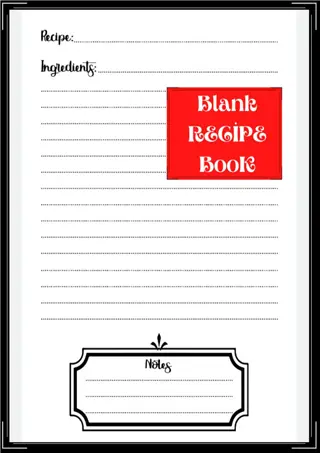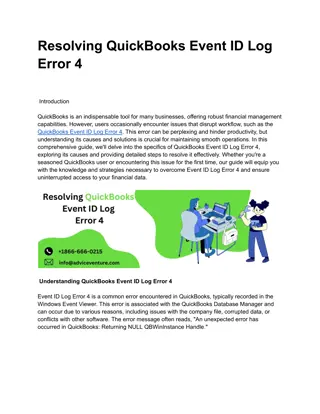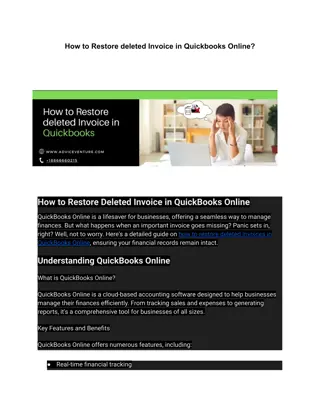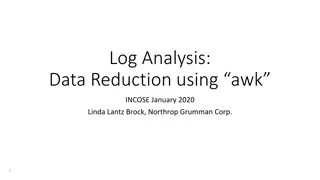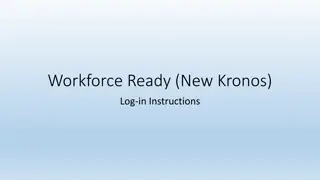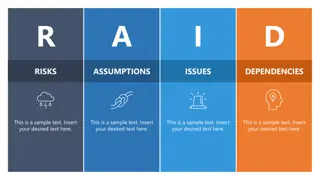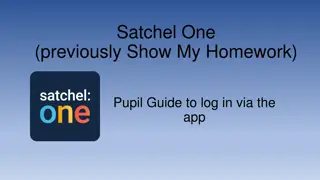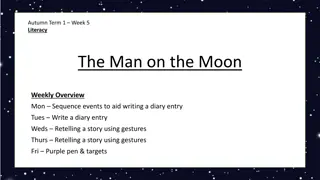
Mastering AICE A Level Global Perspectives Log Entries
Discover tips to excel in writing your log entries for AICE A Level Global Perspectives. Learn how to stay on track, catch up when behind, and creatively manage your entries. Don't stress, follow the suggestions, and impress Cambridge with your writing skills!
Download Presentation

Please find below an Image/Link to download the presentation.
The content on the website is provided AS IS for your information and personal use only. It may not be sold, licensed, or shared on other websites without obtaining consent from the author. If you encounter any issues during the download, it is possible that the publisher has removed the file from their server.
You are allowed to download the files provided on this website for personal or commercial use, subject to the condition that they are used lawfully. All files are the property of their respective owners.
The content on the website is provided AS IS for your information and personal use only. It may not be sold, licensed, or shared on other websites without obtaining consent from the author.
E N D
Presentation Transcript
How to Write Your Log Entries AICE A Level Global Perspectives
For starters, DO NOT STRESS Keeping a log of your work is by the far the easiest aspect of this course, just follow these helpful tips and you ll blow Cambridge away with your writing! Also, you are the best of the best! AS Global gave you the basics, now all you have to do is refine them and execute.
Tip #1: Don t Fall Behind
Tip #1 It is very easy to forget about your daily log entries, however there are some steps that helped me remain on track after I didn t write any log entries for two months straight. First, write your logs at the beginning of the class! Make your daily logs into bell work, writing what you'll be doing for that day. This will not only help you remember to remain on track in terms of your logs, but also helps to create a game plan for you to tackle your paper on a given day.
Tip #1 AICE sucks, and you will inevitably fall behind because of your workload. This solution is for when you are behind and want to help your future self. When I fell behind, I found it was helpful to add a few quick thoughts about what I did on a given day in my logs and not write the full entry. This allowed me to go back to my logs during the weekend or any day I had available and expand upon what I had already written instead of trying to discuss what I had done on memory alone, making the whole process much easier!
Tip #2: Dont Be Afraid to Make it Up
Tip #2 There will be days when you feel like death and can't do any work in class or as a group you decide to play mafia all period. When these instances arrive, you can make something up CAMBRIDGE IS NOT WATCHING. When you are in a tough spot, simply write that you WOULD have done if the instances were different. On days where I didn t get any work done, I had a number of things lined up that I could write about to fill in the blanks such as: I reviewed my logs to gain a better grasp of the research process. I took the time to meet with my fellow researchers about the direction of my paper to gain a new perspective. I said I was sick; they don t have access to the attendance records.
Tip #2 Manipulate what you did in class to look as if you are working! Here is what I opened up a log entry with when my classmates and I played mafia: Today, my fellow researchers and I took part in a team building exercise to become more acquainted with one another. I expect the strides we made today will create a strong bond between us which will only work to improve our communication in the long run, a necessity when one considers the importance of peer reviewing in writing an excellent essay. Notice how I did not lie but emphasized the positive aspects of what I did in fact do. You can use this technique for anything you do that isn t working!
Tip #3: Language is key
Tip #3 Reflection is where you will receive most of your points! But how do you be reflective? Will be expanded upon later Simply don t state what you did on a given day but discuss how what you did made you yourself feel and how what you did, however small, ties into the overall goal of the research.
Tip #3 How to show interpretation of what you did! Use phrases such as: The most significant element The relevant aspects were Initially I planned .but .because These phrases show depth of understanding about what you are working on, showing to the grader a greater degree of thought when compared to ordinary language.
Tip #3 Reason with the grader! It is important to reason and explain why things happened the way they did. Use phrases such as: Since Due to the fact that By explaining why things happened the way that they did, you are able to carry the reader along the research process in a more natural way, and by explaining you are avoiding any misinterpretation that could potentially lessen your score.
Tip #3 Always look to the future! To show consideration to the future, use phrases such as: Will May Should By showing that you are looking to the future, you are not only devising a plan by which you can follow, making the research process easier, you are also showing a greater degree of thought by showing you plan to apply your knowledge to a further extent, that will please your graders.
Tip #3 Reinforce what you are saying! By reinforcing what you did on a given day you will show greater thought by expressing the implications of your work on the overall quality of your paper. Use phrases such as: This research could prove to be useful in the future because This understanding will be pivotal in This skill is essential because Reinforcing the implications shows a greater understanding of the research process and your role as a researcher as you write this paper.
Tip #4: Be reflective
Tip #4 Reflection is where you will receive most of your points! But how do you be reflective? Simply don t state what you did on a given day but discuss how what you did made you, yourself, feel you did, however small, ties into the overall goal of the research. how what you did made you, yourself, feel and how what
Tip #4 Reflection is: a form of personal response to experiences, situations, events or new information. a processing' phase where thinking and learning take place.
Tip #4 Utilize this graphic for your logs. Describe what you did Analyze its importance and meaning Then express its personal importance
Example Today I continued to research the affirmative perspective of my paper and felt the nature of my findings warranted discussion.I recognized that the lack of primary research is a limitation to my research report. Primary data, if collected and used in the right way, is more convincing than reproduced data for a number of obvious reasons. However, the nature of this topic lends itself to desk research because of the fact that because of the fact that it would be extremely difficult to implement properly and not to mention dangerous for a student such as myself to collect data within the parameters of this . To compensate for this limitation, I feel my report utilizes the best sources and expertise available in the field who did conduct their own research. In all, I am confident I am confident that this limitation will be corrected during the research process and the overall quality of the paper will not be affected, and I will be able to deliver my best work.
What did we learn? Don t fall behind, your quality of work will only lessen. Don t be afraid to exaggerate and make things up to embellish your logs. Be careful to employ particular language and style to rack up the points. Be reflective!
The End



